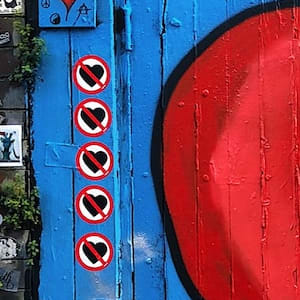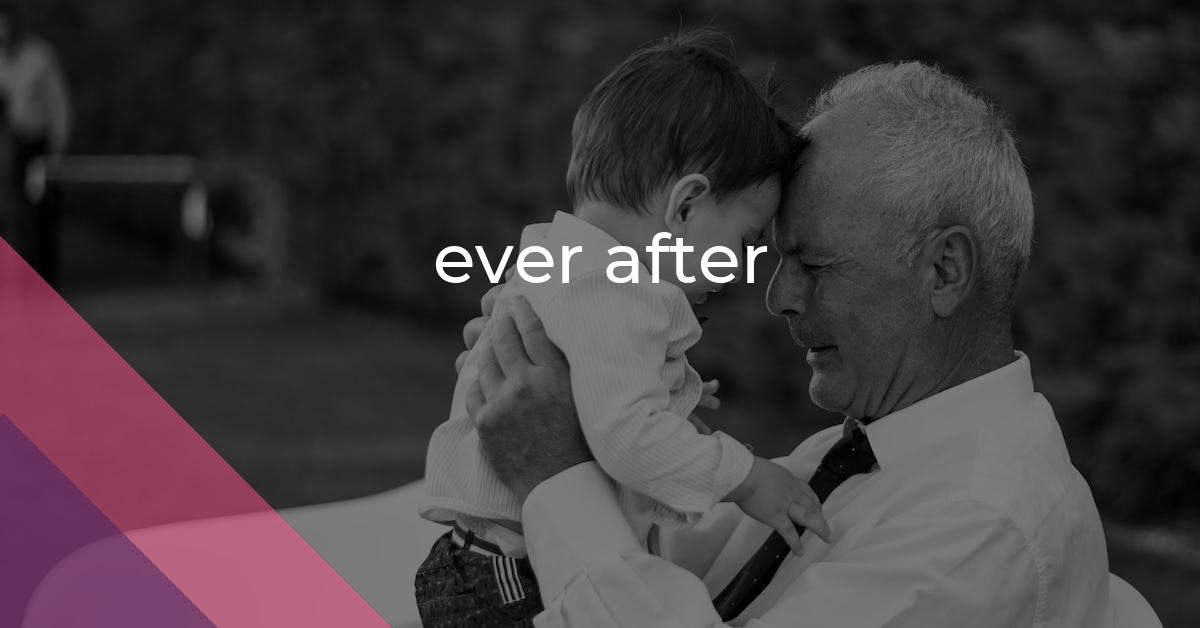ever after: Idiom Meaning and Origin
What does ‘ever after’ mean?
The idiom "ever after" is used to describe a state or condition that continues indefinitely, often referring to a happily ever after ending or a lasting outcome or consequence.

Idiom Explorer
An idiom that means the final or last gathering or collection of something or someone, often used to express the end or conclusion of a particular event, activity, or period of time.
The idiom "in the long term" refers to a period of time that is far into the future, usually indicating a result or consequence that will be realized after a significant amount of time or over an extended period. It emphasizes the importance of considering the potential outcomes or impacts over a longer timeframe rather than focusing solely on short-term effects.
The idiom "in the long run" means considering the overall or ultimate outcome or result of a situation, especially over a period of time, rather than focusing on immediate or short-term effects.
The idiom "here to stay" means that something or someone has become permanent and is not going away or disappearing anytime soon.
The idiom "happily ever after" refers to a fairy-tale ending where everything turns out perfectly and all the characters live happily. It signifies an idealized and perfect ending to a story or situation.
The idiom "good life" refers to a state of living that is comfortable, enjoyable, and fulfilling. It implies a life filled with happiness, success, and contentment.
The idiom "gift that keeps on giving" means something that continues to provide benefits or advantages over a long period of time.
The idiom "for the ages" means something that is timeless and will be remembered or celebrated for a very long time.
The idiom "for good and all" means to do something once and for all, or to fully complete or resolve a situation. It implies a final and decisive action, leaving no room for further discussion or uncertainty.
The idiom "for good" means permanently or forever. It is used to indicate that something has come to an end and will not be repeated or resumed in the future.
Curious Destinies
The idiom "ever after" refers to a state or condition that lasts indefinitely. It is often used to describe a happy ending or a perfect and eternal state of happiness. The phrase "happily ever after" is the most well-known variation of this idiom, commonly found in fairy tales and folklore. The idiom "ever after" has its roots in the phrase "happily ever after" and has become ingrained in popular culture.
The phrase "happily ever after" has been around since the early 19th century and quickly gained popularity. Influential authors, such as the Brothers Grimm, played a significant role in popularizing this phrase. It is believed that the phrase originates from ancient oral storytelling traditions, where stories often ended with a positive outcome for the characters involved. Over time, "happily ever after" has become synonymous with the idea of a fairy tale ending, where the main characters live happily for the rest of their lives.
The idiom "ever after" is not limited to fairy tales and can be used in various contexts. It is often used metaphorically to express a lasting state of happiness or satisfaction. For example, someone might say, "They lived in wedded bliss ever after," implying that the couple's happiness will continue indefinitely.
However, the idiom "ever after" can also be used ironically or sarcastically. In these cases, it suggests that the expected happy ending did not occur or that the situation did not turn out as planned. For instance, if someone's marriage ended in divorce, they might sarcastically remark, "And they lived happily ever after...not!" This usage challenges the traditional notion of a perfect ending and highlights the unpredictability of life.
While the idiom "ever after" has its origins in fairy tales, its meaning extends beyond the realm of fantasy. It symbolizes the human desire for lasting happiness and contentment. Although the idiom itself does not provide concrete evidence of such a state, it serves as a reminder of the complexities and possibilities of life.
The idiom "for good" is another variation of "ever after" that signifies an indefinite or permanent state. It is often used to describe a decision or action that has lasting consequences. When someone says they have left a job "for good," it means they will not return to that job again. The phrase implies finality and a sense of closure.
The idiom "for good" can also be used to describe a positive change or improvement that is permanent. For example, someone might say they have quit smoking "for good," meaning they have made a lifelong commitment to never smoke again. In this context, the idiom conveys determination and resolve.
On a darker note, the idiom "for good" can also be used to indicate a permanent separation or loss. If someone says they have lost a loved one "for good," it means that the person will never be seen or heard from again. This usage carries a sense of finality and grief.
The idiom "for good" shares similarities with the idiom "ever after" in terms of conveying an indefinite or permanent state. However, "for good" specifically emphasizes the finality of a decision, action, or outcome. Whether used positively or negatively, both idioms capture the human fascination with permanence and the desire for closure.
The idiom "all ends up" is yet another variation of "ever after" that describes a complete or final outcome. It is often used to indicate that something has reached its ultimate conclusion or that all possible options have been exhausted. When someone says, "I tried everything, but it all ends up the same," they are expressing a sense of frustration and resignation.
The idiom "all ends up" can also be used to describe a situation where all the different elements or factors involved lead to the same result. For example, if a project fails despite the team's best efforts, someone might say, "In the end, it all ends up in failure." This usage suggests that regardless of the individual contributions or circumstances, the ultimate outcome remains the same.
Additionally, the idiom "all ends up" can be used to convey a sense of inevitability. For instance, if someone predicts that a conflict will end in a specific way, they might say, "Mark my words, it will all end up in disaster." This usage implies that the predicted outcome is bound to happen, regardless of any intervening factors.
The idiom "all ends up" serves as another variation of "ever after" to describe a final or ultimate outcome. Whether used to express frustration, inevitability, or a convergence of different elements, the idiom captures the concept of reaching an ultimate conclusion or result.
Example usage
Examples of how the idiom *ever after* can be used in a sentence:
- They lived happily ever after once they overcame their differences.
- She believed in love at first sight and dreamed of finding her prince charming and living happily ever after.
- Even though they faced many challenges, their love for each other remained strong, and they lived happily ever after.
The idiom "ever after" is often used to describe a happy ending or a state of indefinite happiness and bliss. It is commonly associated with fairy tales and folklore, where it signifies the idealized conclusion of a story. The phrase implies a sense of eternal happiness and contentment, suggesting that the desired outcome will persist indefinitely. It is frequently used in romantic contexts to express the hope or expectation of a lifelong romance, where love and happiness are expected to endure beyond any obstacles or difficulties.
More "Epilogue" idioms
We missed the mark - nothing found.



